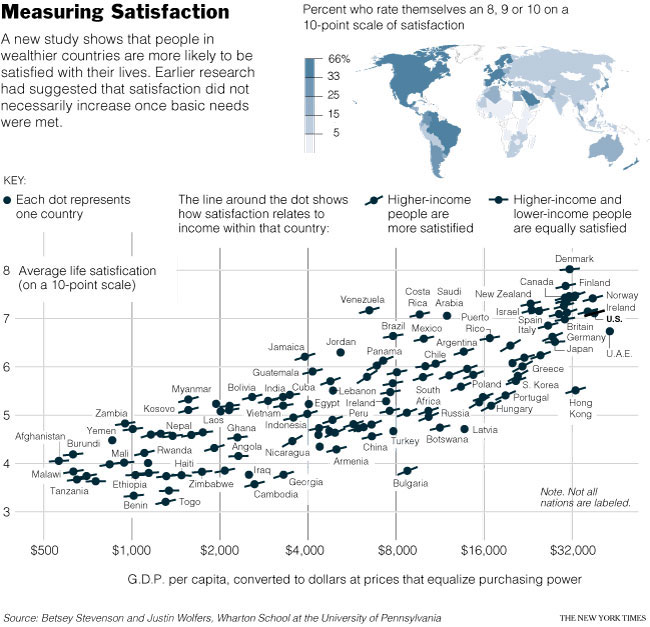Since the early 2000s, several scientists have found that happiness can be used to predict the likelihood of developing coronary heart disease or even the strength of one’s immune system. Similarly, economists are finding happiness to be an effective indicator of the health of a country’s economy.
Based in its rich Buddhist heritage that stresses the accumulation of happiness over material goods, Bhutan was the first country to measure its economic might and societal wellbeing using the Gross National Happiness (GNH) instead of its more conventional cousin the Gross Domestic Product (GDP) in 1972.
A country’s GNH is a numeric value assigned based on nine categories: time use, living standards, good governance, psychological well-being, community vitality, culture, health, education, and ecology. The general of level of happiness in a population can indicate a high level of confidence in the economy which in turn increases consumer spending, a hallmark of a thriving financial system.
There is debate over what levels of happiness mean for economics and business cycles. Some economists claim that higher GNH indicates a stronger economy while others argue the exact opposite. The graph above indicates a decrease in happiness as growth begins to pick up, a trend that may be explained by greed. Perhaps as people become more successful, they develop an insatiable appetite for more wealth.
However, Gallup polling in over 150 countries from 2007 to 2013 found that as national happiness decreased and national suffering increased, nations become more unstable which decreases investor confidence sending shockwaves through the economy. The graph below demonstrates wealthier countries, generally nations with stronger economies, are more likely to be satisfied than their less wealthy counterparts. Similar to how high levels of dissatisfaction leads to instability, high levels of satisfaction can be seen as a reaction to and help perpetuate stability in markets by encouraging investors to invest and consumers to spend.
The Gross National Happiness is by no means a flawless indicator of economic strength. More than anything, it shifts national focus away from numbers to potentially more worthwhile and feasible gains. As we deplete natural resources at an ever-growing rate, focusing on achieving goals that emphasize positive emotions over material goods – especially when considering near stagnant economic growth in many industrialized nations – might be worth taking seriously.
Leave a Reply
You must be logged in to post a comment.